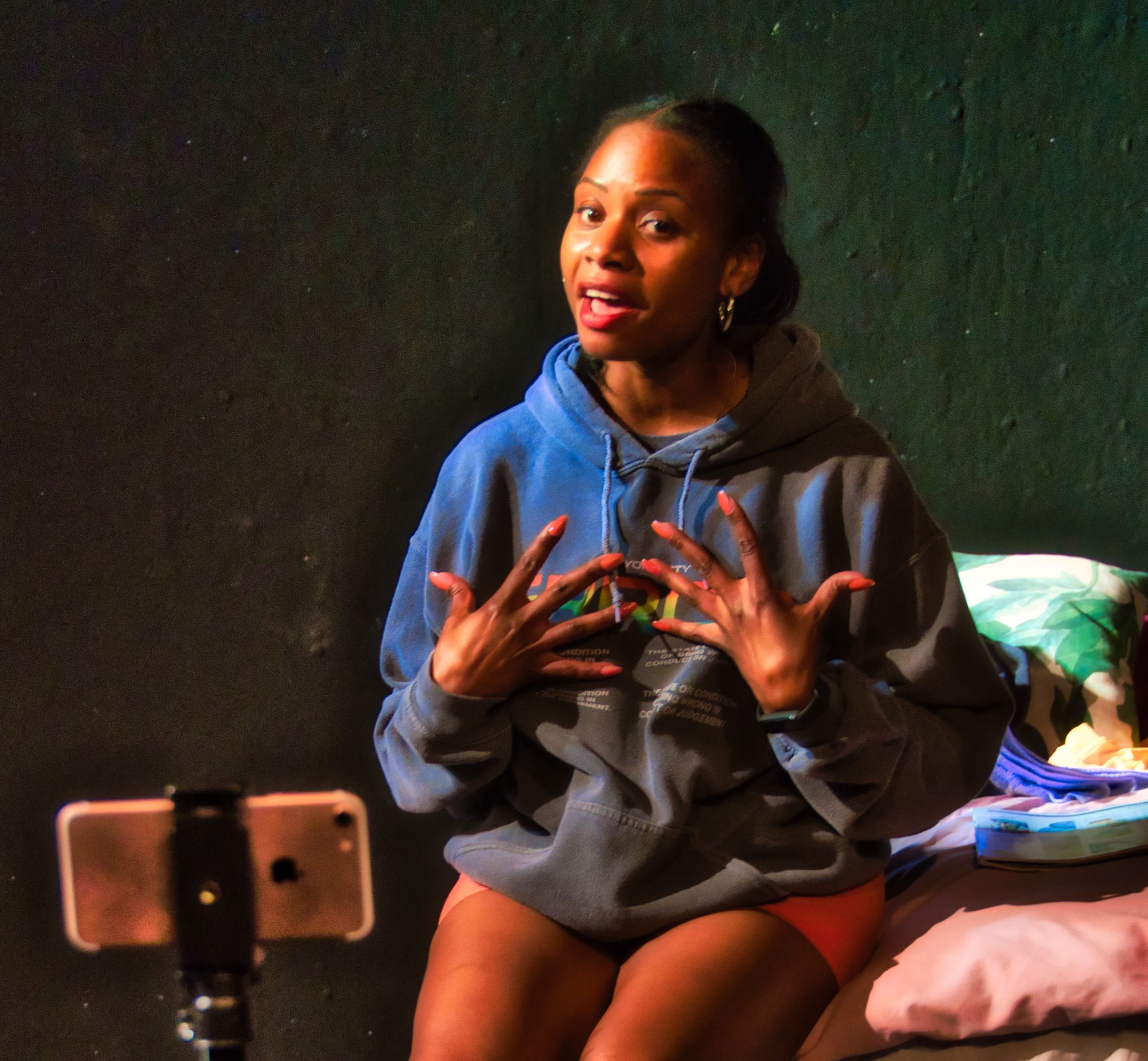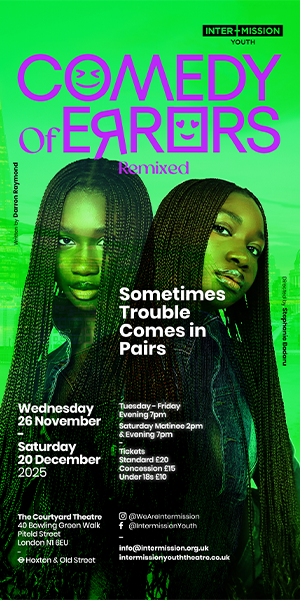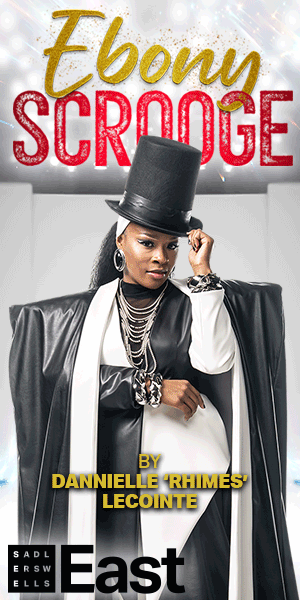
Set in the present-day, and using a series of episodic one-way mobile phone conversations with various friends, relatives and acquaintances to tell the ‘story’ – If I Could Love – charts a young black Londoner’s gradual conversion from ‘carefree, female, fun-seekers to a clear-minded, self-aware and emotionally congruent ‘soul rebel’; a true ‘adult’.
As children, the guidance of others helps us navigate the ‘balance of play’ for deciphering, establishing and encoding accepted family and societal protocols for its adults. Alas, just as we develop that fine balance between self-aligning discipline’ and ‘self-serving play’ protocols, we hit disaster: ‘puberty’.
For many, it is at this point – as we become more autonomous and increasingly embedded into more ‘adult’ pursuits – that we often miss or ignore previously ‘hard-played for’ best behaviours.
In reality- although almost everyone has a story that can be told – not everyone has a story that they are presently ready – or able – to tell satisfactorily.
The play begins with the actress in a sparse bedroom- having been pre-set, during which the ‘teenage girl / boy-centric ’ agenda was reinforced through her playing off and dancing to a contemporary song.
An episodic travelogue pattern reveals itself, as she migrates from her bedroom ‘to the gym’ while continuing her ’mobile conversion-therapy to a calling female friend; all the while edging down the road to self-love.
A one-person show has to negotiate a path around the ‘show, don’t tell’ conundrum, while also maintaining and managing the audience’s investment levels. This may have been achieved by employing methods such as using real-life camera footage and audio files.
Furthermore, although the actress has energy in her movement and rhythm in her speech, we often miss dialogue and punchlines from her, as audibility sometimes gives way to vocal inconsistency.
As a point of consideration, it might be an idea to re-present certain scenes to ensure that the audience is always a focal point and so to avoid dialogue being missed.
With this self-written and performed piece, writer LaTanya Peterkin has addressed potential objections to a more diverse- if not regularly-attending – theatre demographic.


























